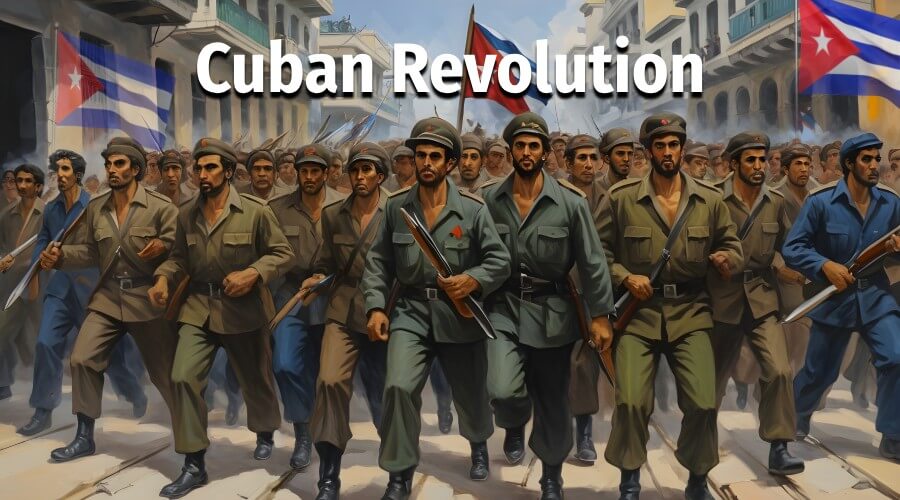kilkennybookcentre.com – Since the triumph of the Cuban Revolution in 1959, the island nation has embarked on a transformative journey in the realm of education. Under the leadership of Fidel Castro, and later his successors, Cuba has prioritized education as a fundamental right and a cornerstone of its socialist ideology. The Cuban education system, renowned for its universal access and high literacy rates, has played a pivotal role in shaping the nation’s future.
The Early Years: Literacy and Universal Access
One of the first major initiatives of the revolutionary government was the National Literacy Campaign, launched in 1961. This ambitious program aimed to eradicate illiteracy, which at the time affected over 23% of the population. Tens of thousands of young volunteers, known as Literacy Brigades, fanned out across the country to teach reading and writing to adults in remote rural areas. The campaign was remarkably successful, reducing the illiteracy rate to less than 4% within a year.
Building a Comprehensive Education System
Following the Literacy Campaign, the government focused on building a comprehensive education system that would provide universal access to education from primary school through university. The system was designed to be free at all levels, ensuring that socioeconomic status would not be a barrier to learning. Schools were established throughout the country, and teacher training programs were expanded to meet the growing demand for educators.
Innovative Pedagogical Approaches
Cuba’s education system is known for its innovative pedagogical approaches. The country has developed a unique curriculum that emphasizes critical thinking, problem-solving, and the integration of technology in the classroom. Additionally, Cuba has been at the forefront of implementing active learning methodologies, such as project-based learning and cooperative learning, which encourage student engagement and collaboration.
International Solidarity through Education
Cuba’s commitment to education extends beyond its borders. The country has played a significant role in international solidarity efforts, providing educational assistance to other nations, particularly in Latin America and Africa. Programs like the Latin American Medical School, which offers free medical education to students from around the world, and the Yo Sí Puedo literacy program, which has helped reduce illiteracy in several countries, are testament to Cuba’s dedication to sharing its educational expertise globally.
Challenges and Adaptations
Despite its achievements, the Cuban education system faces challenges, including limited resources, the impact of economic sanctions, and the need for continuous modernization. The government has responded by implementing reforms to update the curriculum, improve infrastructure, and integrate new technologies. Additionally, Cuba has leveraged international partnerships to access educational materials and resources that might otherwise be unavailable.
Conclusion
Cuba’s education revolution has been a defining feature of the nation’s development, fostering a highly educated population and contributing to the country’s social cohesion. Through its innovative approaches and unwavering commitment to universal access, Cuba has demonstrated that education is a powerful tool for shaping a nation’s future. As the country continues to navigate the complexities of the modern world, its dedication to education remains a beacon of hope and a testament to the transformative power of learning.




